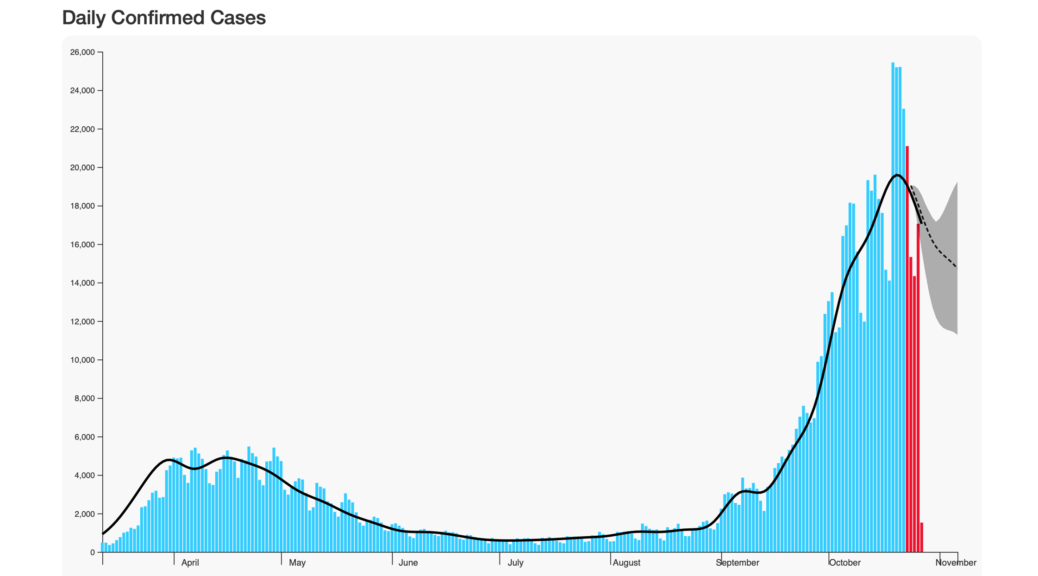We – as a society – had the opportunity to prevent SARS-CoV-2 becoming endemic. We largely wasted it, initially by not locking down early enough or for long enough to remove it from the population. Nor did we use the lockdown period to set up effective data collection, testing, tracking and analytic tools to enable rapid and fine-grained response to predicted changes in incidence (it’s a truism that, by the time you’re working with actual data, you’re already behind in your response).
Public policy decisions are therefore based on incomplete and lagging data, partial models and on individual and committee opinion (however well qualified the participants) rather than being informed by data-driven modelling of potential outcomes. We are also behaving as though we’re dealing with a static target rather than a continuously evolving situation, one where an unintended consequence of partial and incomplete restrictions is that it effectively selects for different strains of the virus, as it evolves to cope with changes in population behaviour. This virus, like any other, has been mutating since before it collided head-on with our species, and it continues to evolve as it seeks selective advantage in exploiting its human host population, at any given time. Continue reading Time for a different approach?

